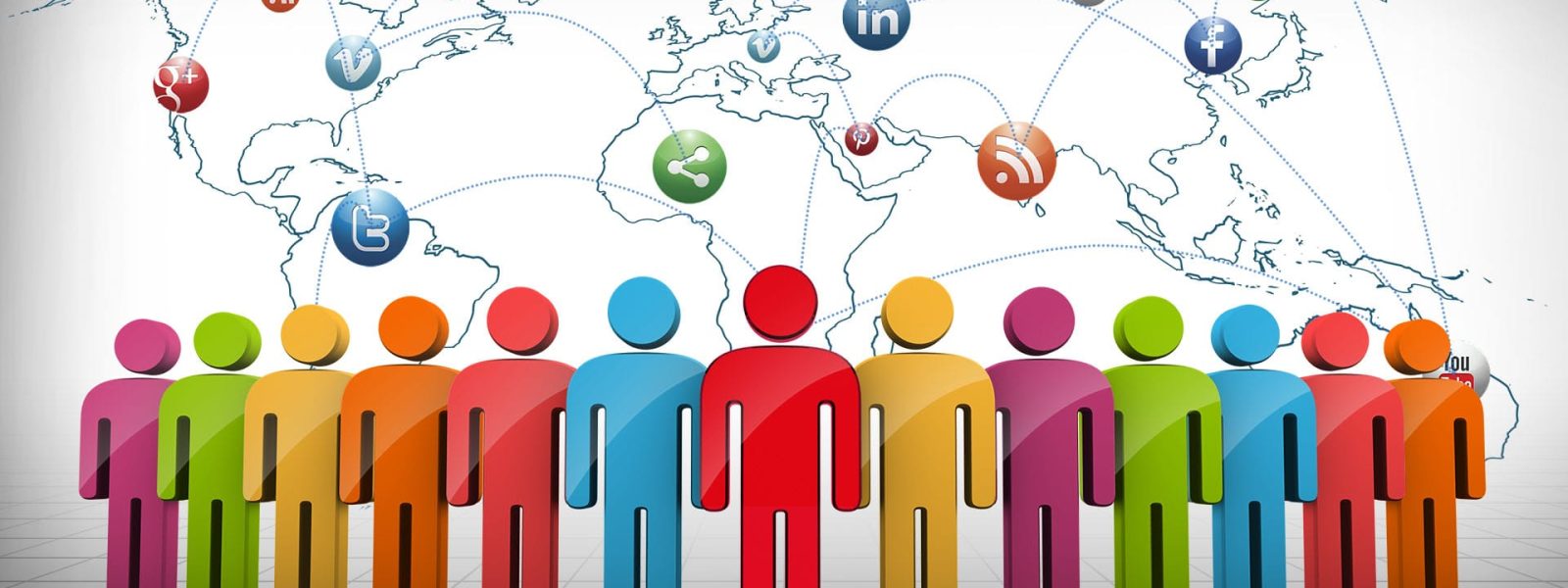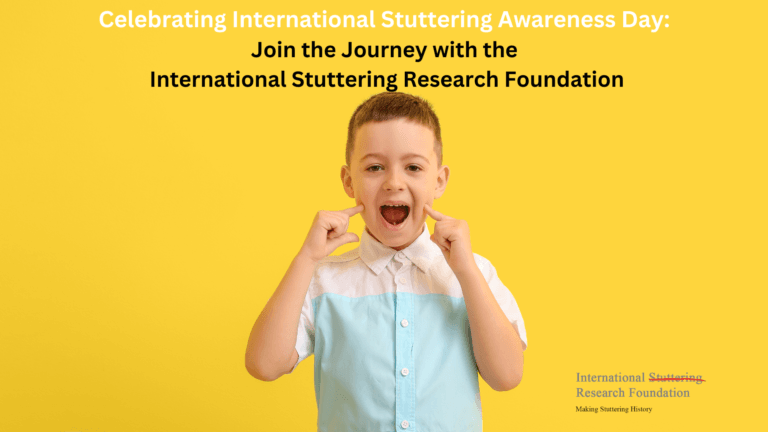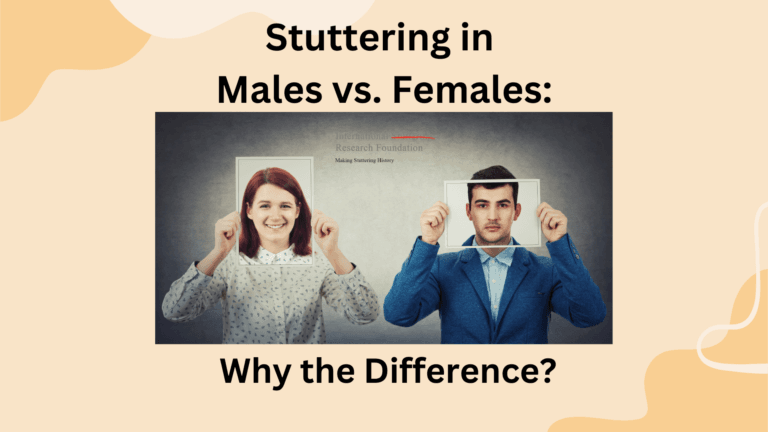In the 21st century, the rise of social media has revolutionized the way we connect, share, and communicate. Platforms like Facebook, Instagram, Twitter, and LinkedIn have become an integral part of our daily lives. However, with the increasing influence of social media comes a growing concern about its impact on mental health.
Social media offers a virtual space for individuals to express themselves, showcase their lives, and connect with others. Yet, this constant exposure to curated online content has given rise to a range of mental health challenges. It’s crucial to understand the potential effects and adopt healthy usage habits to mitigate any adverse impacts.
1. Social Comparison and Self-Esteem
One of the significant impacts of social media is the tendency to engage in social comparison. Users often compare their lives to the seemingly perfect lives depicted by others. This constant comparison can lead to a decline in self-esteem and feelings of inadequacy.
Tip: Focus on your journey and progress. Remember, social media often showcases the highlights, not the full story.
2. Fear of Missing Out (FOMO)
The fear of missing out on exciting events, experiences, or social gatherings posted by peers can cause anxiety and stress. Social media platforms make it easy to see what others are doing at any given moment, intensifying feelings of exclusion.
Tip: Practice mindful consumption. Limit your time on social media and engage in activities that bring you joy.
3. Cyberbullying and Online Harassment
The anonymity provided by social media can sometimes lead to cyberbullying, hate speech, or online harassment. Such negative experiences can have severe implications on mental health, causing emotional distress and trauma.
Tip: Report any harassment and block toxic individuals. Surround yourself with a supportive online community.
4. Sleep Disruption
Excessive use of social media, especially before bedtime, can disrupt sleep patterns. Exposure to the blue light emitted by screens can interfere with the production of the sleep hormone, melatonin, affecting the quality and duration of sleep.
Tip: Create a tech-free zone before bedtime to ensure a restful night’s sleep.
5. Information Overload and Anxiety
The constant influx of news, updates, and information on social media can lead to information overload and heightened anxiety levels. The fear of missing out on critical updates can drive individuals to stay online continuously, contributing to heightened stress.
Tip: Stay informed through reliable news sources at specific times of the day. Designate periods for social media use to manage anxiety.
Conclusion
Social media is a powerful tool that, when used mindfully, can bring about positive change and foster meaningful connections. However, it’s essential to be aware of its potential impact on mental health. By setting boundaries, practicing digital detox, and being mindful of its influence, we can create a healthier relationship with social media, allowing it to enhance our lives without compromising our well-being. Remember, the key is balance and conscious usage.





2 Responses
Hey! Sօmeone in my Myspace group shared this site with us so I came to check it
out. Ӏ’m definitely loving the information. I’m boοkmarking and will be tweetіng this
to my followers! Wonderfuⅼ blog and geat design.
Thanks for your valuable comments
subscribe with us to stay updated…